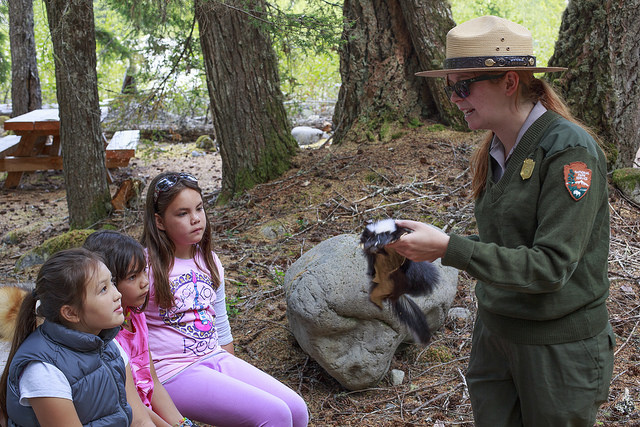Only the educated are free – Epictetus
What does that mean?
This is an interesting quote from a person born a slave and with the permission of his owner, studied philosophy and became quite good at it.
Back then, slaves weren’t educated as much as trained for the use the owner needed of them. Without education, the couldn’t function well in society.
To me, that is the point of the quote. Societies have basic rules and expectations, which require a certain level of education to be able to understand and participate.
Conversely, if you are not educated, what options do you have? How well can you take advantage of the freedom you may have, if you can’t read, write or earn a living?
Why is getting an education important?
Let’s start by acknowledging that how much education is very dependent on a person’s society, and the place they occupy or wish to occupy. Subsistence farmers may not need as much education as a technology worker, but the educations would be very different, right?
But without an appropriate education, even the subsistence farmers would have trouble surviving. Some of their education may come in a classroom in the formal sense, but their classroom is usually their fields. That is where they are taught, that is where they get their education. The same applies to other skilled tradespeople.
In this way, skills are learned and the people become educated in their craft. A farmer with knowledge can get more out of their fields than can one without an education. In this way, they can earn more, allowing for more free time, which can be invested in additional education, or in enjoying their freedom.
If we go the other way, what freedom does someone have who cannot read or write, and has no useful skills? There are few options open to them, and many of them end up with them having no freedom at all, locked up in prison for the things they have done. Education, up to a point, is very useful.
Where can I apply this in my life?
As mentioned before, not all education is in the form of college or graduate schools. While I was away at school, a guy I knew from High School became an apprentice roofer, and was doing his own work by the time I graduated. He’d accumulated about as much money as I had accumulated debt in that same time.
I don’t know if I’ll ever catch up, as he now owns a business, and when things are going well, he’s making more money as the owner, in a summer than I make in a year. He enjoys doing what he does, and I enjoy doing what I do. I point it out not as a contest, but to show that there are many paths to success, no matter how it is defined.
If you are reading this, you can at least read and write, so you’re already well educated by most standards. Many of you are reading this in a foreign language so you’re doing better than I am. The fact that you’re here implies you are either curious or have a class assignment, so that’s more education.
But before the source of the quote was born, the sum total of human knowledge had already grown to such an extent that no one person could know everything. And we’re well past that point now. So by definition, there is a lot we don’t know. But do we know what we need to move forward with our lives?
That is the question I would have you consider as the heart of this quote. Do you have the education you need to be free? Do you know enough to be financially free? Can you travel and be physically free? Do you have enough curiosity and knowledge to be mentally free to explore all that interests you?
Only you can answer these questions, and all the others about your freedom and what it means to you to be free. The same is true with education. What education do you need to be free? Do you need to learn how to weld and spend your free time working on fixing your favorite old car? There are so many options and possibilities.
How free to you consider yourself to be? What could some education do to help you feel more free? How could a complete educational make-over change your concept of freedom? Could you take night courses or weekend classes? What could you do to feel free? What is holding you back? What do you really want to do?
From: Twitter, @stoicrevival
confirmed at : Discourses, Book II, ch. 1.
photo by Mount Rainier National Park







